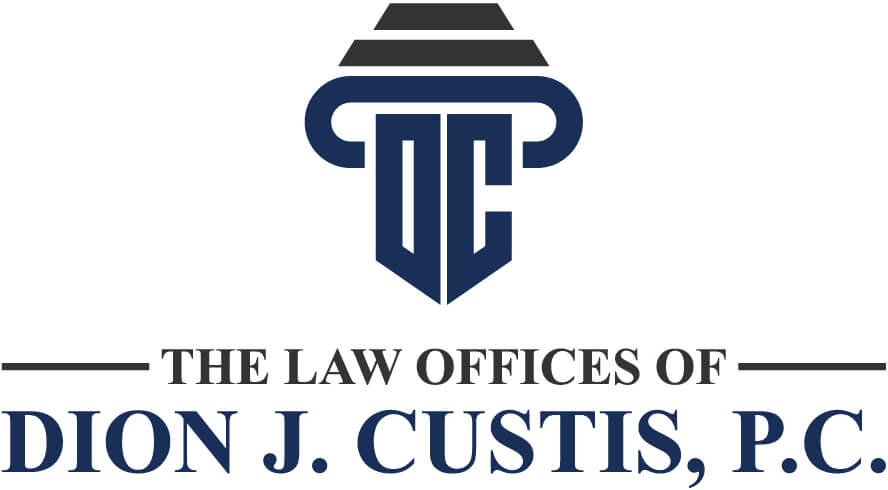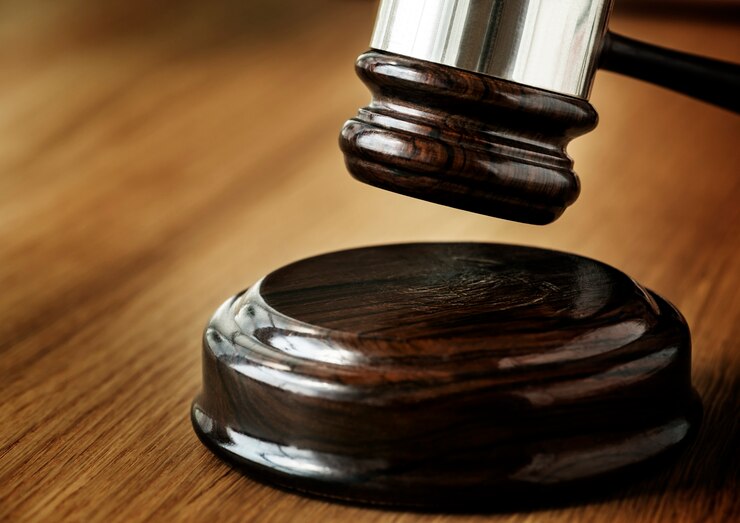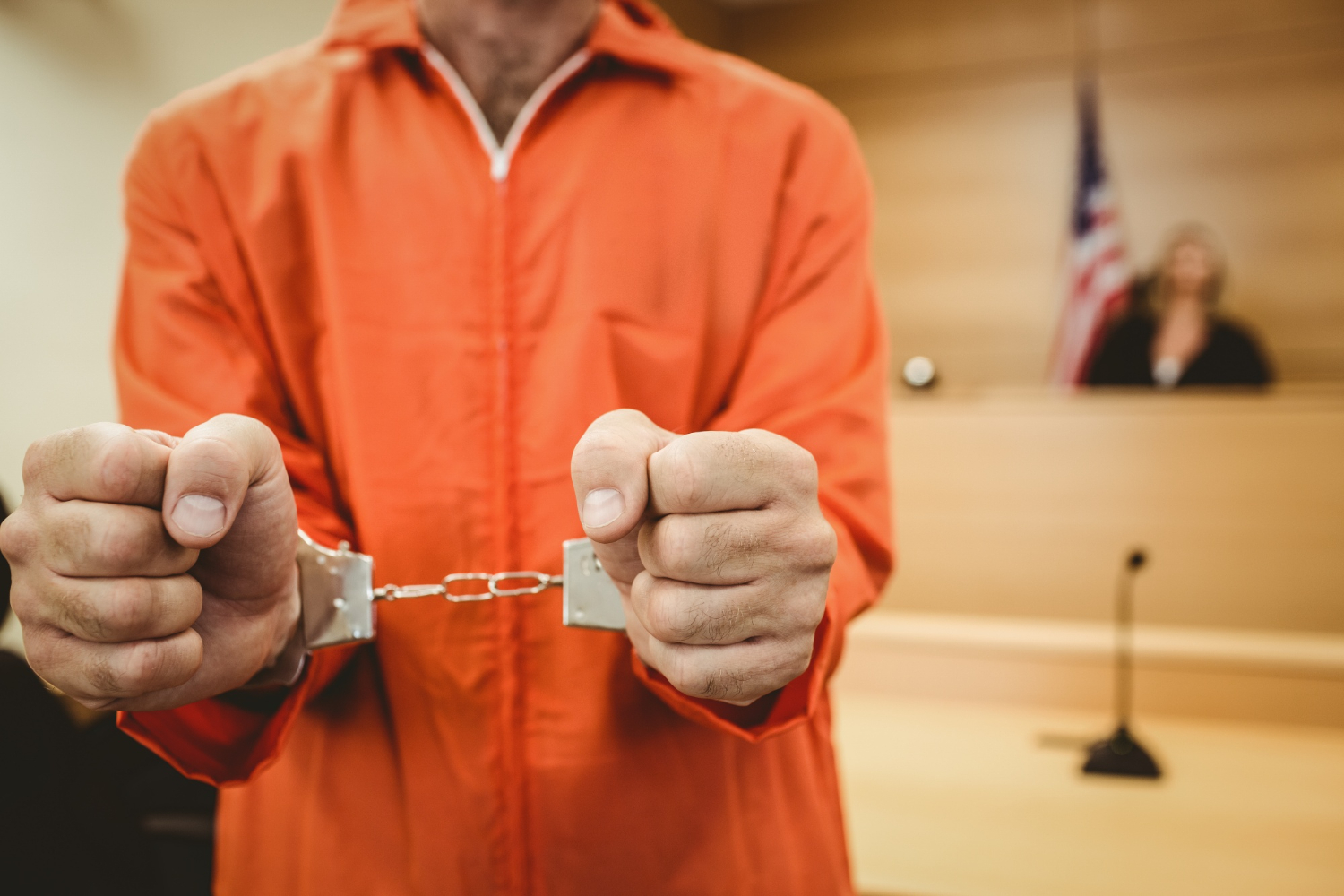Facing federal crime charges can feel overwhelming and terrifying. The stakes are high, and the legal process is complex. Knowing what to expect helps you feel more prepared and reduces some of the uncertainty.
Federal crimes are serious offenses that violate federal laws. These can include crimes like drug trafficking, fraud, or offenses that cross state lines. Being charged with a federal crime means your case will be handled in federal court, which has its own rules and procedures.
Understanding the federal crime trial process is essential. It starts with understanding the charges against you and goes through various stages, including pre-trial motions, the trial itself, and finally, the sentencing. Each step involves different actions and decisions that can significantly impact the outcome.
Whether you or someone you know is facing federal charges, having a clear picture of what happens at a federal crime trial will help navigate this challenging time.
Understanding Federal Crime Charges
Federal crime charges are serious. Crimes like bank robbery, drug trafficking, and wire fraud fall under federal law. Getting charged with a federal offense means the U.S. government is prosecuting you.
Key Points:
- Federal vs. State Crimes: Federal crimes break federal laws, while state crimes break state laws. Federal crimes often involve larger investigations and more severe penalties.
- Common Federal Charges: Common federal charges include drug offenses, fraud, and crimes crossing state lines. Understanding the nature of your charges is crucial for your defense.
- Severity of Federal Charges: Federal charges are usually more severe than state charges. They often come with heftier fines and longer prison sentences.
Being charged with a federal crime means you face a strict legal process. Knowing the difference between federal and state charges helps you grasp the severity. Each charge comes with specific legal definitions and potential penalties that you need to understand.
Pre-Trial Process in Federal Cases
Before a federal crime trial starts, there are several steps in the pre-trial process. These steps help to build the case for both the prosecution and the defense.
Important Steps:
- Investigation: Federal agencies like the FBI or DEA often conduct detailed investigations. This can include gathering evidence, interviewing witnesses, and surveillance.
- Charges Filed: Once enough evidence is gathered, charges are formally filed. You will receive an indictment, which is a formal accusation of the crime.
- Arraignment: At the arraignment, you will hear the charges against you and enter a plea. This is typically “guilty” or “not guilty.”
- Discovery: Both sides exchange evidence they plan to use in court. This helps each side prepare their case.
- Motions: Your lawyer can file motions to address various issues. This can include suppressing evidence or dismissing charges.
Understanding the pre-trial process is vital. Each step offers opportunities for your defense team to gather evidence, challenge the prosecution, and protect your rights. The pre-trial process sets the stage for what happens next in your federal crime trial.
Key Stages of a Federal Crime Trial
A federal crime trial involves several key stages. Each stage plays a crucial role in determining the outcome.
Main Stages:
- Jury Selection: This is the process of choosing jurors who will decide the case. Both sides ask questions to find fair and impartial jurors.
- Opening Statements: Both the prosecution and the defense present their opening statements. They outline the case and what they aim to prove.
- Presentation of Evidence: This is the heart of the trial. The prosecution presents evidence first, followed by the defense. This can include witness testimonies, documents, and other relevant material.
- Cross-Examination: During this stage, each side questions the other’s witnesses to challenge their testimony and present a counter-narrative.
- Closing Arguments: Both sides summarize their cases and highlight key points. They address the jury directly, aiming to persuade them to decide in their favor.
- Jury Deliberation: Once the closing arguments are done, the jury goes to deliberate. They discuss the case in private and work towards a verdict.
- Verdict: The jury returns to the courtroom to announce their verdict. They will state whether they find the defendant guilty or not guilty.
Understanding these stages helps you know what to expect. Each stage offers different opportunities for your defense to challenge the prosecution and present your case.
Possible Outcomes and Sentencing
The outcome of a federal crime trial can vary widely. Everything depends on the jury’s verdict and the judge’s decisions.
Possible Outcomes:
- Acquittal: If the jury finds you not guilty, you are acquitted, and the case is over. You are free to go without any penalties.
- Guilty Verdict: If the jury finds you guilty, the trial moves to the sentencing phase. The judge will decide your punishment based on federal guidelines and case details.
- Mistrial: Sometimes, a procedural error or a hung jury (a jury that can’t agree) causes a mistrial. This means the trial is invalid and can be retried.
Sentencing Phase:
- Presentence Report: Before sentencing, a probation officer prepares a presentence report. This report includes information on the crime, your background, and other factors that can affect the judge’s decision.
- Sentencing Hearing: Both sides present arguments about the appropriate sentence. You can present mitigating factors that might reduce your sentence.
- Judge’s Sentence: The judge announces the sentence. This can include prison time, fines, probation, or a combination of these. Federal sentencing guidelines play a significant role in determining the length and type of sentence.
Navigating these possible outcomes and the sentencing process is challenging. It’s crucial to have knowledgeable and experienced legal counsel to guide you through each step.
Conclusion
Facing a federal crime trial is daunting, but understanding the process helps you prepare better. From understanding charges to navigating pre-trial motions, key trial stages, and possible outcomes, each step plays a critical role. Knowledge is power, and being informed about your rights and the legal process empowers you to make better decisions.
If you or someone you know is facing federal charges, it’s essential to seek experienced legal help. The Law Offices of Dion J. Custis, P.C.’s federal charges lawyer, provides expert legal counsel to guide you through this challenging time. Contact us today to discuss your case and get the support you need.






